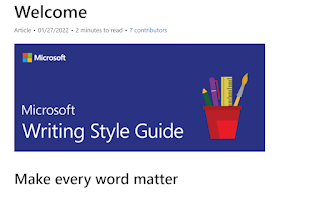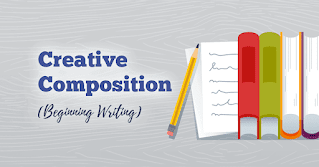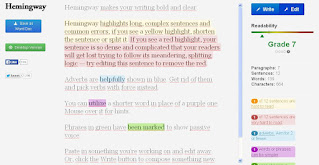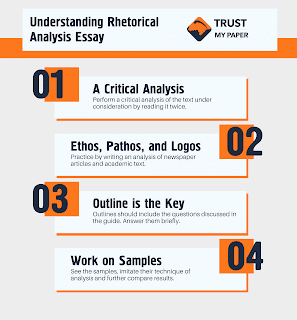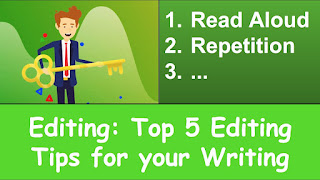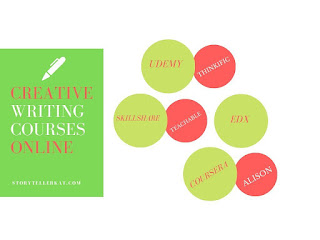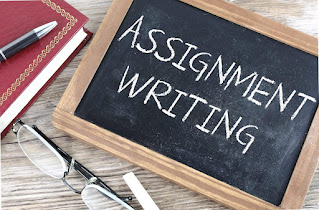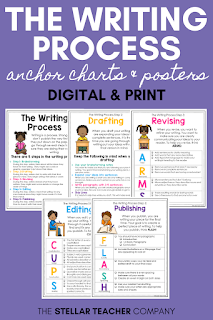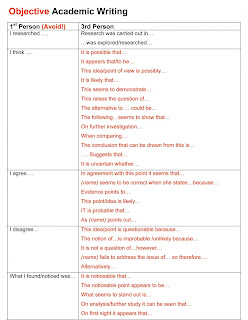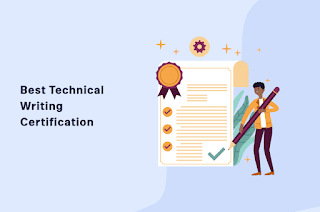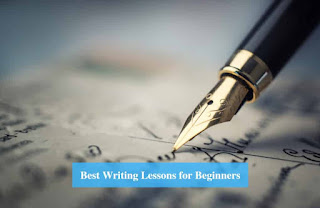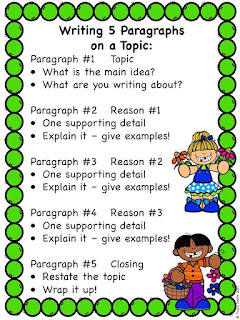The Importance of a Writing Style Guide
Effective communication lies at the core of any successful written piece, be it an essay, a blog post, a press release, or any other form of content creation. While we all have our unique writing styles, adhering to a writing style guide can immensely improve your writing skills and make your work more polished, consistent, and professional. In this article, we will explore the significance of a writing style guide and provide some useful tips to enhance your writing.
What is a Writing Style Guide?
A writing style guide is a set of guidelines and rules that establish the standards and conventions for writing within a specific organization, publication, or field. It serves as a reference tool for writers, ensuring consistency in tone, language usage, formatting, and other aspects that contribute to clear and effective communication.
Writing style guides typically include instructions on grammar, punctuation, capitalization, word usage, sentence structure, and more. Following a style guide streamlines the writing process, eliminates confusion, and helps maintain a coherent voice across multiple pieces of content.
Benefits of Using a Writing Style Guide
- Consistency: By adhering to a writing style guide, you ensure consistency in your writing, making it easier for readers to consume your content and understand your message.
- Professionalism: A writing style guide aids in professionalizing your work, making it look polished, well-organized, and credible.
- Brand Identity: For businesses or organizations, a writing style guide helps maintain a consistent brand voice and identity across various platforms and communications.
- Clarity: Following a style guide improves clarity by standardizing language usage, sentence structure, and formatting, ensuring your ideas are communicated concisely and effectively.
- Efficiency: Having a set of guidelines allows writers to produce content more efficiently as they don't need to spend extra time figuring out the finer details of grammar, formatting, or punctuation.
Tips for Enhancing Your Writing Style
- Know your target audience: Tailor your writing style according to the preferences and expectations of your target readers. Consider their level of knowledge, language proficiency, and interests.
- Keep it concise: Avoid wordy sentences and unnecessary jargon. Get straight to the point, using clear and precise language to communicate your ideas effectively.
- Use active voice: Active voice imparts clarity and conciseness to your writing. It adds strength and impact to your statements, making them more engaging for readers.
- Proofread and edit: Always proofread your work for any grammatical or spelling mistakes. Edit your content for coherence, flow, and readability. A well-polished piece of writing creates a positive impression.
- Follow a consistent tone: Determine the appropriate tone for your content, whether it is formal, informal, academic, or conversational, and maintain it consistently throughout your piece.
By utilizing a writing style guide and implementing these tips, you can elevate the quality of your writing and effectively communicate your ideas to your target audience. Remember, practice makes perfect, so keep writing, experimenting, and refining your skills. Happy writing!
